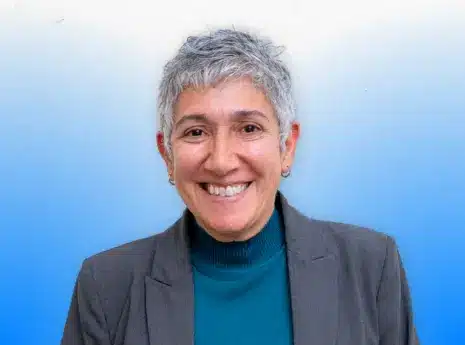Once Approved, Do SSDI Benefits Ever Stop?
Home » What Are SSDI & SSI Benefits? » Once Approved, Do SSDI Benefits Ever Stop?
Once Approved, Do The Benefits Ever Stop?
Benefits generally continue for as long as an individual remains disabled. However, benefits are subject to the periodic and occasional “continuing disability review”
Social Security law holds that all disability cases must be reviewed periodically to ensure that individuals receiving benefits continue to meet the disability requirements. Benefits continue unless there is strong proof that an individual’s impairment has medically improved and that he or she is able to return to work.
How often a case is reviewed is contingent upon the severity of the impairment and the likelihood of improvement. When medical improvement is anticipated, cases may be reviewed as soon as six months. When medical improvement is deemed unlikely, cases may only be reviewed every five to seven years.
Of course, remember that SSDI benefits generally stop at age 65, when the recipient will transition to normal Social Security retirement benefits.
Other Benefits & Qualifying FAQs:
- How Does The SSA Determine Disability?
- When Do Disability Insurance Benefits Start?
- How Much Will I Get Every Month?
- Can Spouses or Children Get Disability Benefits?
- Can I Still Work and Receive Disability Benefits?
- What Is the Work Incentive Program / Trial Work Period?
- Do I need to be a U.S. Citizen/Taxpayer to Receive Benefits?
- What is the Social Security “Red Book”?
- What’s the Difference Between Back Pay and Retroactive Benefits?
- Do I Need an Advocate?
- How Do Advocates Like Citizens Disability Help Me?

Linda Cosme formerly served as a Member of the Appeals Council (AC) for the Social Security Administration (SSA), and Program Expert for the Social Security Administration and Disability Quality Branch (DQB). Ms. Cosme also served as a Quality Assurance (QA) Reviewer, Initial Disability Examiner, Reconsideration Disability Examiner, and Continuing Disability Examiner (CDR) for the Disability Determination Services (DDS). She is admitted to practice law in Arizona, Georgia, and the United States Ninth Circuit Court of Appeals.
It is easy to get started.
It is easy to get started. No upfront costs – You only pay if we win!
Oops! We could not locate your form.




